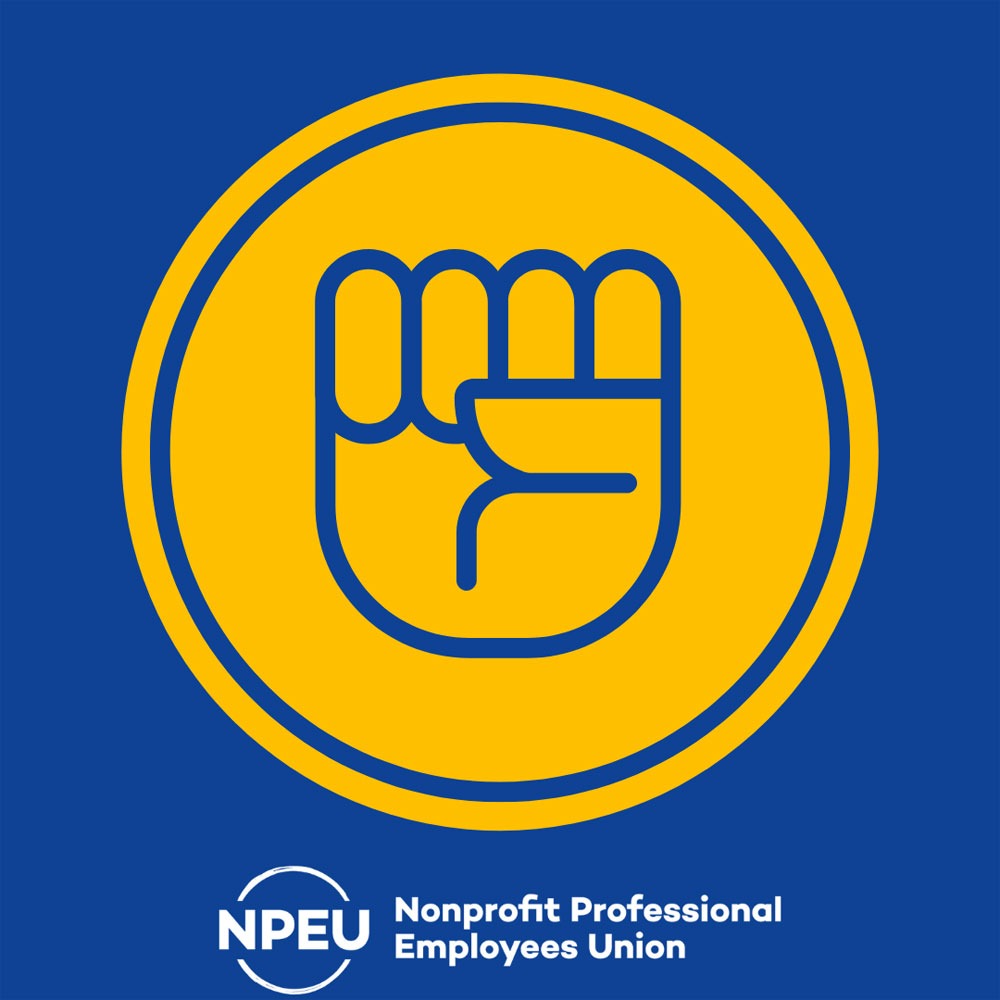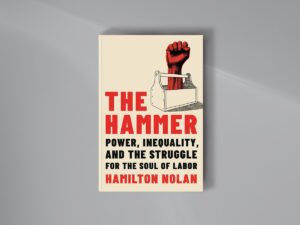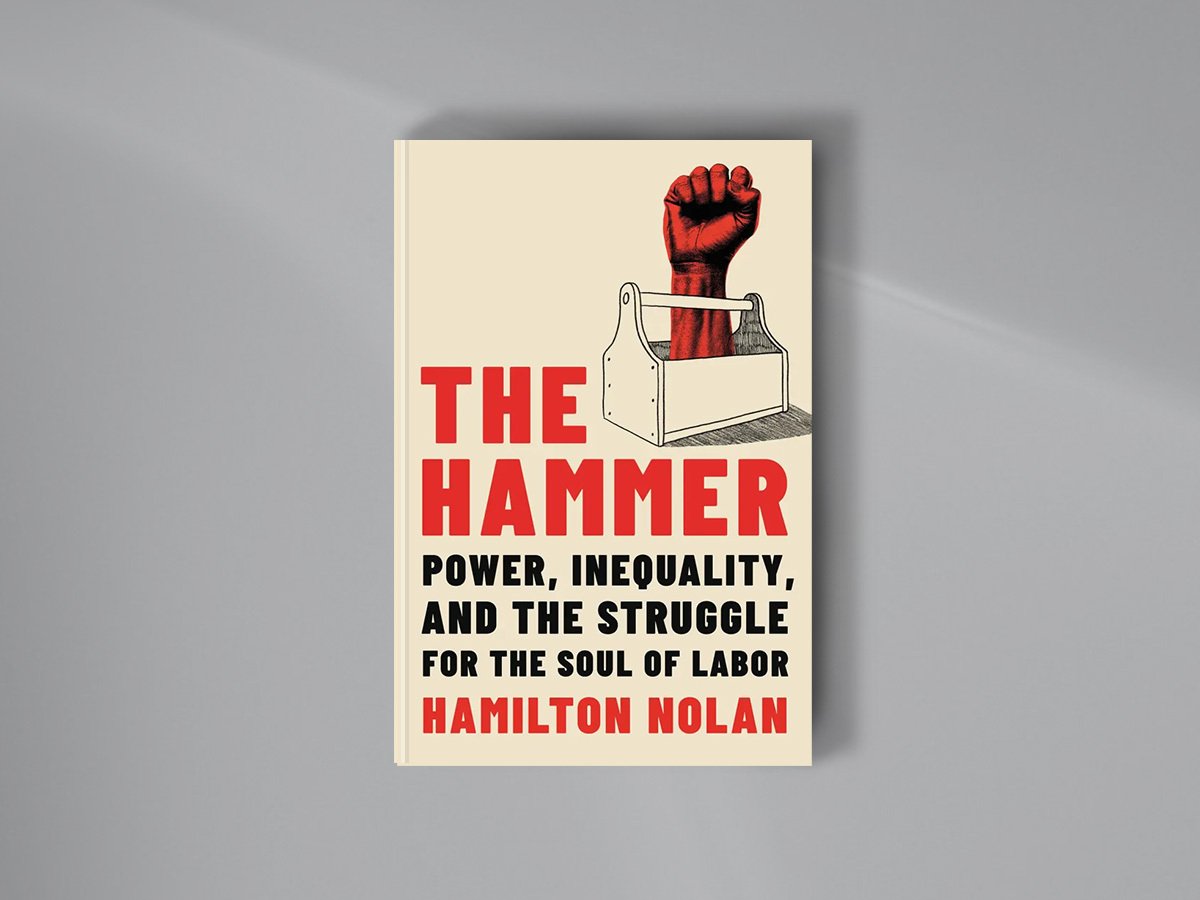
May 11, 2020; Bloomberg Law
In an article earlier this month, NPQ Senior Editor Steve Dubb argued that the COVID-19 pandemic demonstrates the importance of labor unions, and that the voice of the worker can literally be the difference between life and death. The good news is that workers in the nonprofit sector seem to be heeding that call.
NPQ readers may remember a story in August 2019 about the existence of unions for employees at nonprofit organizations, specifically the Nonprofit Professional Employees Union (NPEU). At the time, it was reported that there were 14 nonprofits where the union was involved. According to a report at Bloomberg Law, that has risen to 27 locations that are at some stage of recognition.
One reason for this growth is the COVID-19 pandemic and related uncertainties at the workplace. According to an employee at J Street, a nonprofit that describes itself as the “political home of pro-Israel, pro-peace Americans,” workers want a seat at the table. While knowing that the organization has a commitment to gender equity and professional development, the pandemic has created a sense of urgency around workers’ involvement in decisions about organizational directions and employee benefits.
Sign up for our free newsletters
Subscribe to NPQ's newsletters to have our top stories delivered directly to your inbox.
By signing up, you agree to our privacy policy and terms of use, and to receive messages from NPQ and our partners.
Momentum appears to be building. NPEU reports it’s receiving an average of one lead per day for potential bargaining units and that the number of locations where it works has increased by 35 percent in less than a month. Another union, the Office and Professional Employees International Union (OPEIU), has also seen an increase in the number of leads it is receiving, and says it represents “several thousand” nonprofit employees.
Union membership at nonprofits has traditionally been very low, estimated at between one and three percent of all workers in the sector over the past 10 years. In recent years, it has been seen as an area of growth for organizing as employees begin to realize that they need to live the values that they are espousing in their work.
Many nonprofit organizations seem to agree. Organizations like Friends of the Earth are willing to voluntarily accept the presence of a union because, in the words of the organization’s president, “Unions strengthen our democracy and play a positive role in the workplace.” Others have not been so friendly recently, including such august organizations as the Southern Poverty Law Center and Amnesty International.
Many nonprofit organizations are at the front lines of the efforts to stem COVID-19. Their workers provide healthcare, education, food, and more. Through organizing, they have a chance to not only have a voice in their compensation and benefits, but also about the need to make a change if conditions are getting dangerous.—Rob Meiksins













